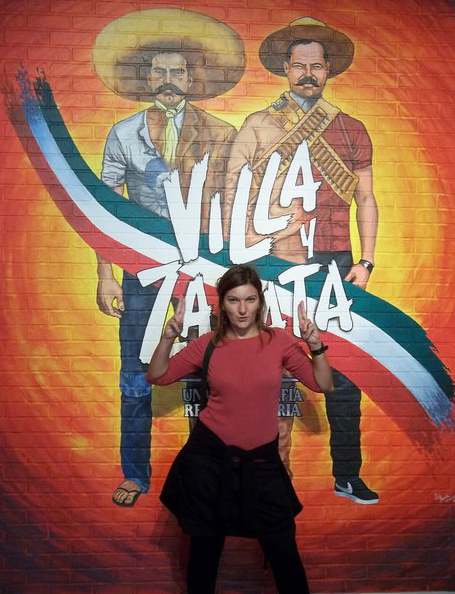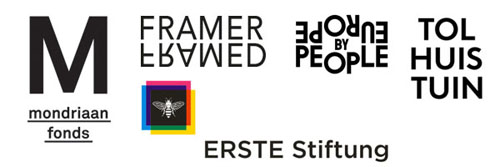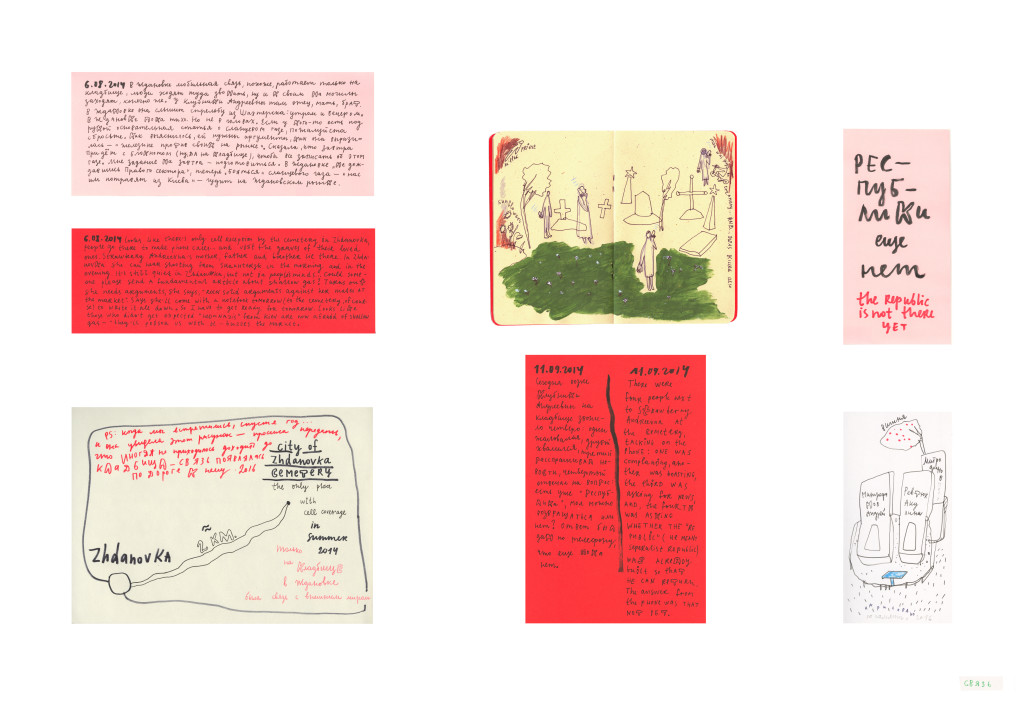 Alevtina Kakhidze, Phone calls from the cemetery and other stories of Strawberry Andrevna (2014-15), courtesy of the artist.
Alevtina Kakhidze, Phone calls from the cemetery and other stories of Strawberry Andrevna (2014-15), courtesy of the artist. 9 Apr 2016 – 14:00
Impossible Dialogues
Time
14:00-17:30
Location
Framer Framed (at the IJzaal, next to the exhibition space)
IJpromenade 2
1031 CC Amsterdam
Route
Framer Framed at Tolhuistuin can be reached from Amsterdam Centraal Station with the ferry ‘Buiksloterweg’. The exhibition space is located on the first floor, next to restaurant THT.
Entry
Free
Impossible Dialogues takes the differences between memories/heritage of Eastern and Western Europe as its starting point. These differences are based on radically different geopolitical, social and cultural developments during the 20th and 21st centuries. As a part of this project we address the traveling and migration of these differences across the “two Europes”, the contradictions and misunderstandings they create in everyday life, while touching upon the subjects of border conflicts, minority rights, and radically different understandings of the past, as well as the present. The project brings together scholars, curators and artists who deal with Eastern European history in The Netherlands and invites speakers from Central and Eastern Europe to hold lectures on the themes of their expertise.
As a part of this project we will explore how holding discussions about Eastern Europe in The Netherlands could contribute to bringing to the fore new facets of old conflicts and difficult memories that often remain unarticulated on local level, due to their sensitive and conflicting nature. How can interdisciplinary spaces be used for addressing these sensitive topics? What can we learn from particular local impossible dialogues? Could these experiences of learning be “translated” into other contexts? And what does it mean to curate / moderate conflicts in an era of mobility?
Program & Speakers
The event on April 9th, 2016 will include talks by Edit András, Alevtina Kakhidze and Jelena Petrović. And will take place from 14:00 till 17:30, including a final discussion. Stay updated through the Facebook event of the first edition.
Edit András (HU) will focus her talk on nationalism in the increasingly authoritarian climate of contemporary Hungary. In her talk she will discuss the impacts of the recent changes on the art scene and the particular impossible dialogues this climate has created.
Jelena Petrović (SVN) will discuss contemporary art practices in the (post)Yugoslav space from a feminist perspective. Opening the question of necessary relation between feminism, art historisation and knowledge production Petrović examine different turns that have occurred since the 1990s, paying particular attention to their ‘difficulties’ with regards to the emerging (post)Yugoslav art production.
Alevtina Kakhidze (UA) will take personal experience of war in the Eastern part of Ukraine as her starting point. Days after the Dutch Ukraine–European Union Association Agreement referendum, the artist will address relation between the Netherlands and the war in Ukraine via misunderstanding around paintings, stolen from the Westfries Museum in Hoorn. She will draw a story of fears and silence around the conflict. Following up on the concept of the PATTERNS lectures of Erste Stiftung, it also includes an engagement with the curriculum at Amsterdam University College (AUC); a full-time three-year honors program in liberal arts and science, set up by the University of Amsterdam and Free University Amsterdam.
Lecture at Amsterdam University College (AUC)
On April 7th Jelena Petrović will give a lecture at AUC from 18:00-20:00.
For more information on this lecture, check out their facebook event.
About the series
Impossible Dialogues is a long-term interdisciplinary research project conceived by curators Katia Krupennikova, Margaret Tali and Inga Lace, co-developed with and partly commissioned by Framer Framed. This event is made possible with the support of Erste Stiftung and Europe by People
Starting in April 2016, Impossible Dialogues will continue until the end of 2017 including several discussions, exhibition at Framer Framed in Amsterdam and a publication.
Eastern Europe / Action Research / Ukraine /
Agenda
Impossible Dialogues - Contested memories, conflicting presences
Presentation of a long-term interdisciplinary research project is conceived by curators Katia Krupennikova, Inga Lāce and Margaret Tali.
Project overview: PATTERNS & Impossible Dialogues (2016)
Overview of the project and program surrounding PATTERNS / Impossible Dialogues. Perspectives from within & about Central and Eastern Europe in the social sciences, arts and history.
Network
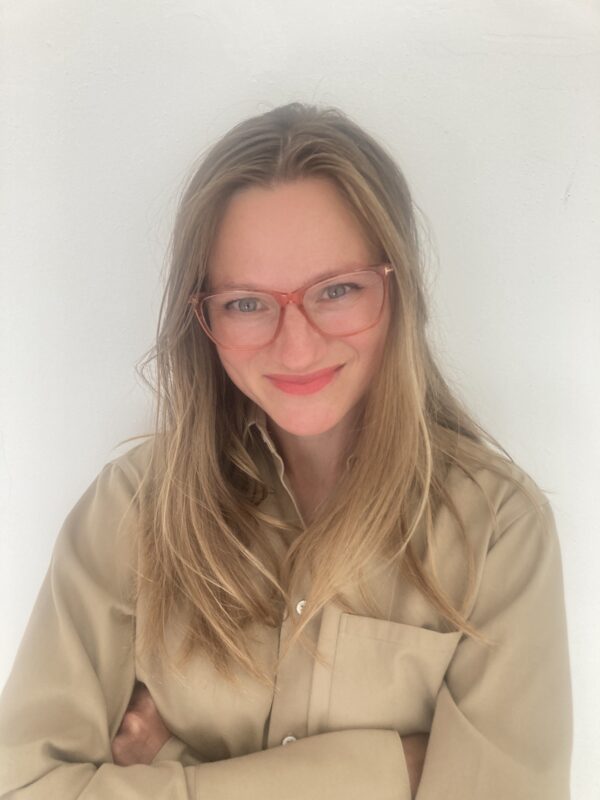
Katia Krupennikova
Curator
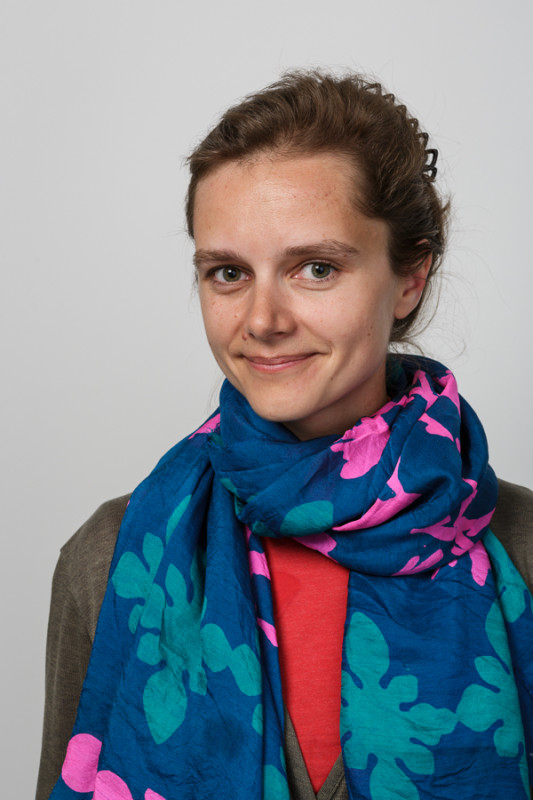
Inga Lāce
Curator
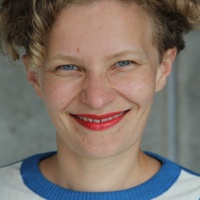
Margaret Tali
Curator
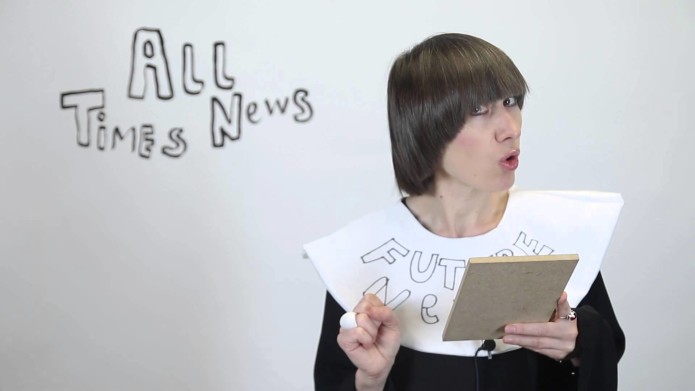
Alevtina Kakhidze
Artist and writer
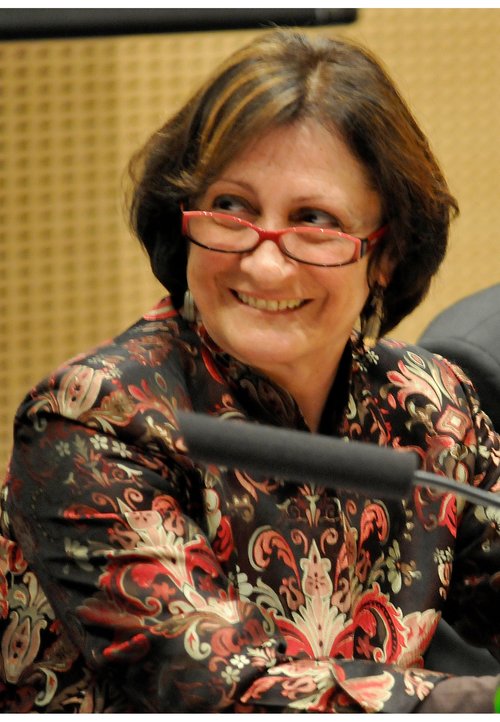
Edit András
Art historian and critic
